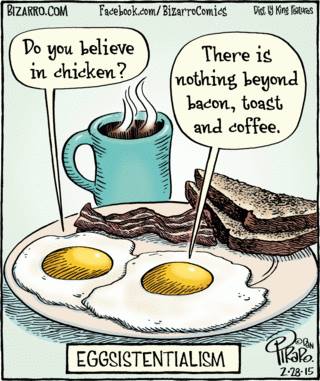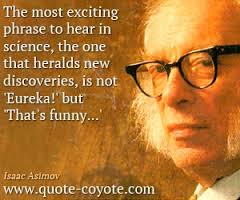When I was in college I took several courses in my University’s Anthropology department. I did so well in the courses my professors strongly urged me to major in the field. Because I “could not get a job” with an anthropology major I declined and picked the obviously employable field of psychology (snort)! But I loved anthropology. Loved sociology as well.
Nobody ever told me that 1) I should pursue what I loved; 2) it almost doesn’t matter what one majors in; and 3) education isn’t only about “getting a job”!
Today I engaged in interdisciplinary course prep involving mostly history and anthropology/archaeology. I teach a course in the psychology of religion and spirituality and I believe that we need to look at the development of religion among early humans to put contemporary spirituality in context. Hence: Gobekli Tepe! 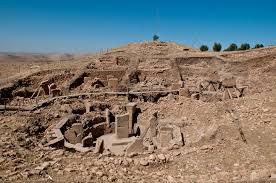
About 11 thousand years ago people began to create what some are calling the earliest known worship space in what is now known as southeastern Turkey. A German archaeology team led by the late Klaus Schmidt uncovered over 200 sculpted pillars installed into the bedrock. Etched on the pillars are an assortment of animals. There is no evidence of human habitation at the site, so we know it wasn’t a dwelling space. The bones of an assortment of wild animals and birds indicate that people probably did consume food at the site, perhaps as they were working.
Maybe it was the first church potluck.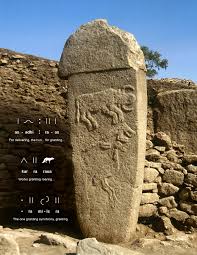
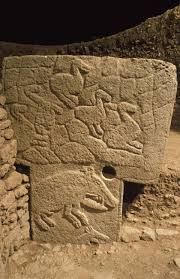
What BLOWS.MY.MIND is that this work was done before the invention of agriculture. I was taught, and I believe it might still be the predominant theory, that it was the invention of agriculture that enabled the social organization necessary to create other social structures like organized religion/spirituality. Turns out IT MIGHT BE THE OTHER WAY AROUND! Perhaps it was religion that brought people together so they could discover that the wild wheat all around them might be intentionally planted and harvested (and, side note: the women probably figured that out, given that they were likely more skilled in understanding plant life).
I know that I might be over-simplifying all the details of this find and that I am likely not using all the right vocabulary words, but that doesn’t detract from my fascination. And a good liberal arts education, obtained decades ago, enabled me to plod through the discipline-specific information so that I could synthesize it into a lecture for my students.
I guess it doesn’t really matter what your major is…
